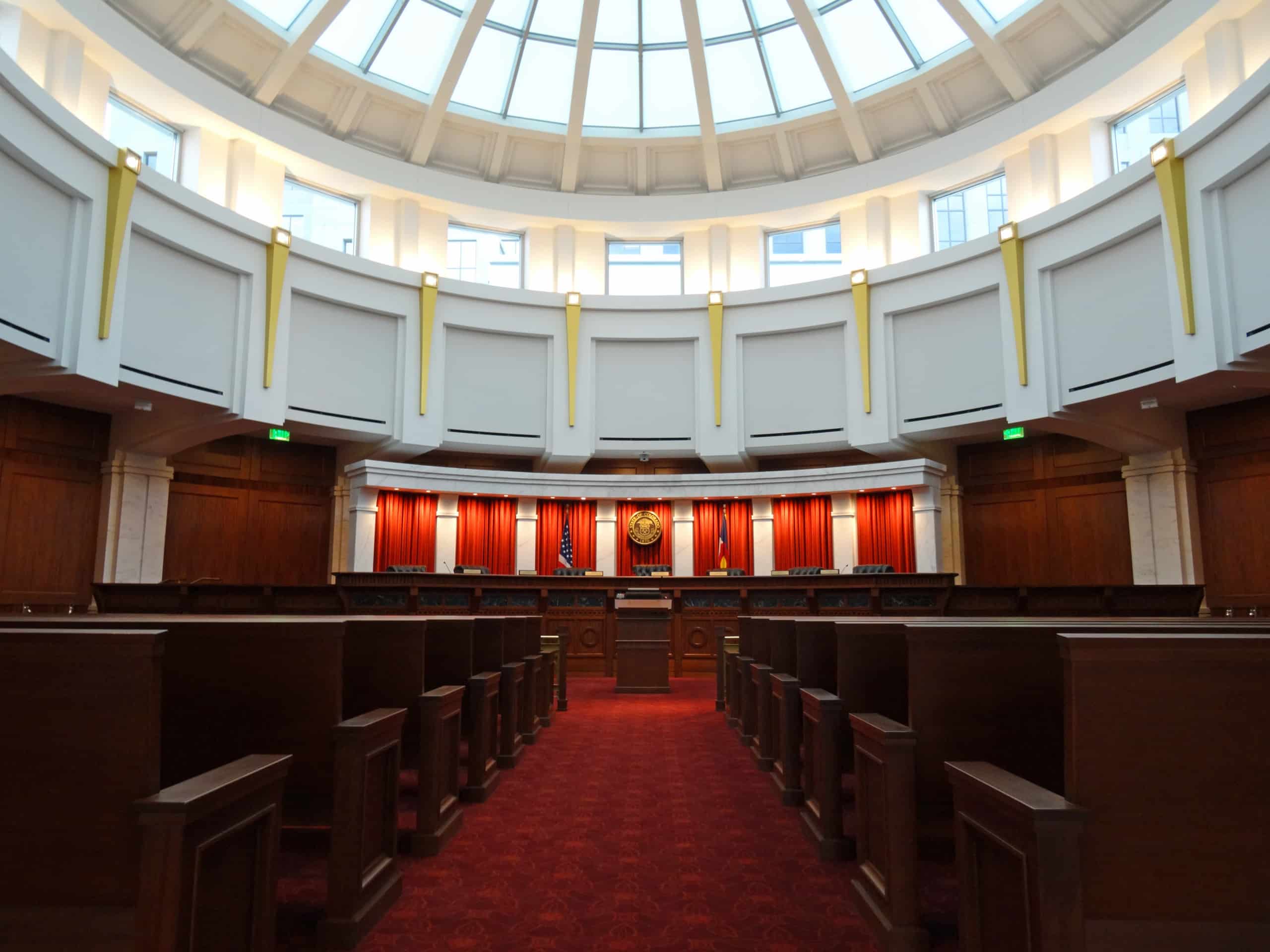Colorado Supreme Court Blesses Climate Case
May 20, 2025

Climate litigation remains a hot topic (pun intended). This post briefly summarizes an important recent decision from the Colorado Supreme Court. [Disclosure: I have filed amicus briefs in other climate change litigation arguing that those cases do not interfere with the foreign relations of the United States.]
As readers of TLB will know, a common form of climate litigation involves lawsuits brought by state and local governments against fossil fuel companies. One such suit was filed by Boulder, Colorado, against Suncor Energy and others. Boulder’s complaint, filed in Colorado state court, alleged claims of public nuisance, private nuisance, trespass, unjust enrichment, and civil conspiracy, all arising under state law. Defendants removed the case to federal court. The District of Colorado remanded it to state court, a decision that was affirmed by the Tenth Circuit.
Back in state court, a key issue was whether the state law claims were preempted by federal law. The trial court rejected this argument, and the oil company defendants sought review in the Colorado Supreme Court.
On May 12, 2025, the Colorado Supreme Court affirmed the lower court’s decision holding that federal law does not preempt the state law claims. The reasoning tracked the earlier decision of the Hawaii Supreme Court in a similar lawsuit brought by Honolulu. To begin with, in response to defendants’ argument that federal common law preempted state law relating to interstate pollution, the Colorado Supreme Court explained that there was no applicable federal common law because it had been displaced by the Clean Air Act (CAA). With no extant federal common law, there could be no federal common law preemption. In so holding, the Court rejected the Second Circuit’s argument that the now-defunct federal common law could preempt state law—quoting the Hawaii Supreme Court, the Colorado Supreme Court said that this approach “engages in backwards reasoning.”
The Colorado Supreme Court then addressed statutory preemption and held that the CAA did not preempt the state law claims either. The Court analyzed various species of preemption, finding none of them applicable. The Court found that the state tort claims did not frustrate the purposes of the CAA, nor did they involve areas of uniquely federal interest. The Court explained that preemption could not be based on defendants’ allegations of “a vague federal interest over interstate pollution, climate change, and energy policy.” And the Court rejected arguments that the claims were barred by foreign affairs preemption.
Two justices dissented, in an opinion that opened with the line: “The Pledge of Allegiance states that the United States of America is ‘one Nation under God, indivisible.’” Invoking the indivisibility of the republic, the dissenters argued that Boulder should not be able to go it alone on climate change. They contended that state tort claims should not proceed unless they were affirmatively authorized by the CAA, and that states should not regulate extraterritorial emissions. The dissent concluded by connecting the Pledge of Allegiance to Fleetwood Mac: “To borrow from Fleetwood Mac’s old hit song, the message our court conveys to Boulder and other Colorado municipalities today is that ‘you can go your own way’ to regulate interstate and international air pollution. In our indivisible nation, that just can’t be right” (citation omitted; link added).
Having affirmed the decision on preemption, the case will now return to the lower court for further proceedings.